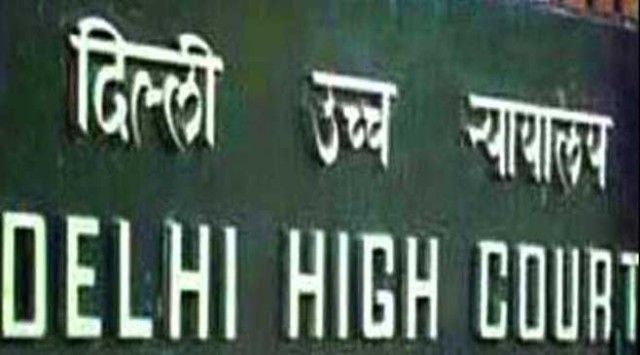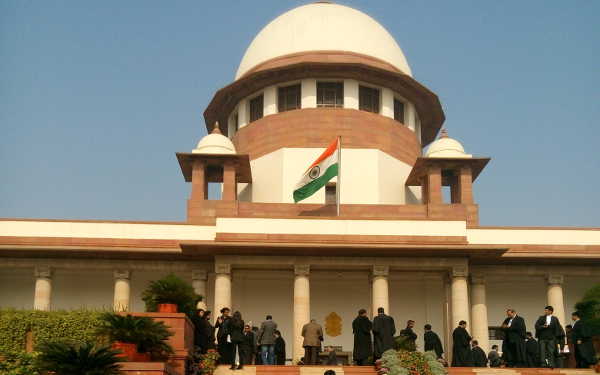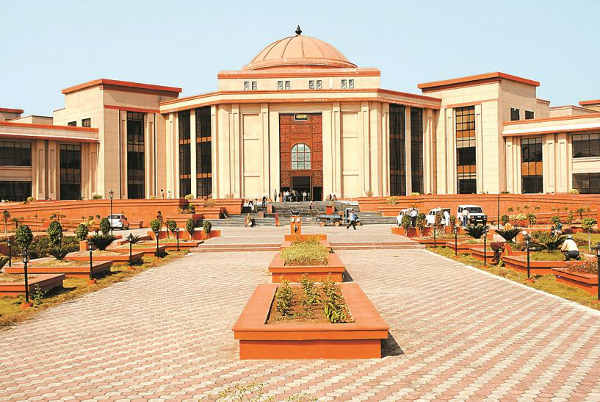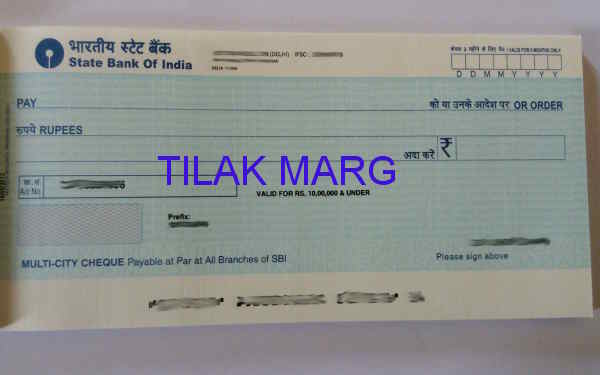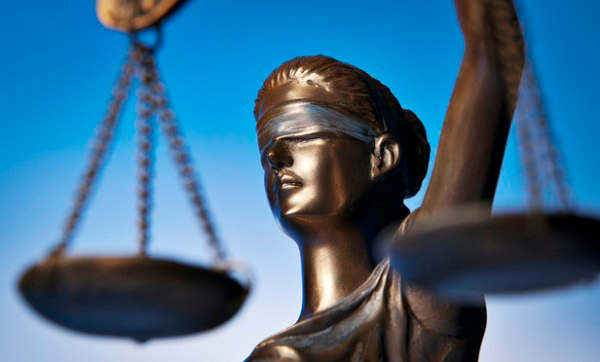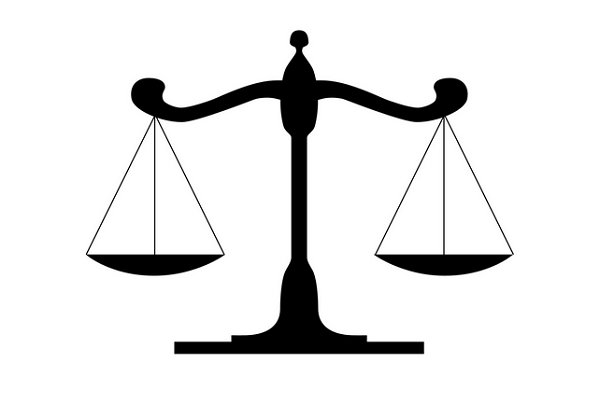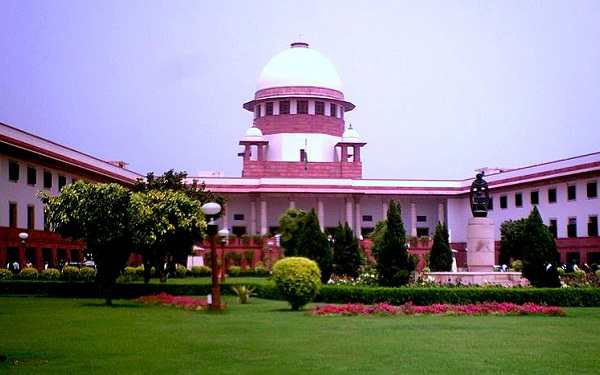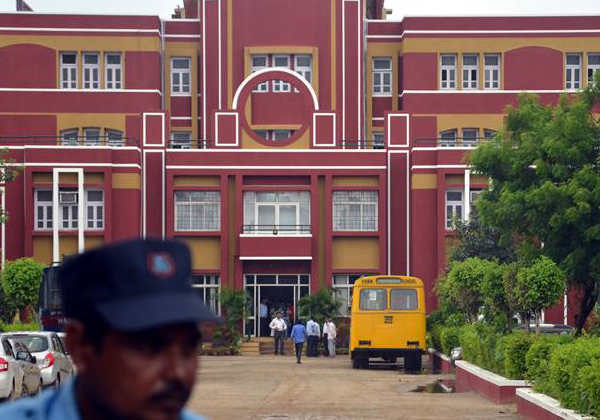“Good name in man and woman, dear my lord,
Is the immediate jewel of their souls.
Who steals my purse steals trash…
But he that filches from me my good name
Robs me of that which not enriches him,
And makes me poor indeed.”[1]
Freedom of Expression and Democracy are the cornerstone of our Constitution. Article 19 of the Constitution of India, 1950 does not specifically mention ‘freedom of press’, but the Hon’ble Supreme Court of India in a catena of cases has held that freedom of the media is included in Article 19(1) (a) of the Constitution of India, 1950 and it constitutes one of the essential foundations of the Indian democratic society.[2] The constitutional guarantee of free speech does not confer a right to defame persons and harm their reputations by false and baseless allegations and by innuendoes and insinuations. In India there can be criminal prosecution for defamation with imprisonment for up to two years and a fine. There is also civil remedy of damages for defamation.[3] The Hon’ble Supreme Court of India while upholding the constitutional validity of Sections 499 and 500 of the Indian Penal Code, 1860 in the matter of Subramanian Swamy v. Union of India, Ministry of Law and Others [4], held that the right to free speech cannot mean that one citizen can defame the other.



